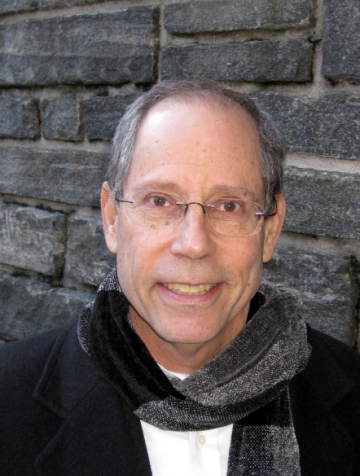Philip Benedict, Professeur Honoraire (Emeritus Professor) of the University of Geneva’s Institut d’histoire de la Réformation, is an American-born historian of early modern Europe. He received his B.A. summa cum laude from Cornell University in 1970 and his Ph.D. from Princeton University in 1975. Prior to moving to Geneva in 2005, he taught at Cornell University, at the University of Maryland, and, for 26 years, at Brown University, where he became the William Prescott and Annie McClelland Smith Professor of History and Religion. He has held short-term appointments at the Institute for Advanced Study, All Souls College Oxford, the National Humanities Center, the Center for the Advanced Study of the Visual Arts (National Gallery, Washington D.C.), Université Paris-IV-Sorbonne, and Humboldt University Berlin. Following retirement in 2014 he returned to the United States. He currently lives in Philadelphia.
Benedict’s research career has focused chiefly on the history of the French Wars of Religion and French Protestantism. It has also ranged farther afield into the history of European Calvinism, urban history, and the history of information. Still another enduring interest has been the theory and history of historical writing. His books include Rouen during the Wars of Religion; The Faith and Fortunes of France’s Huguenots, 1600-85; Christ’s Churches Purely Reformed: A Social History of Calvinism; Graphic History: The ‘Wars, Massacres and Troubles’ of Tortorel and Perrissin; and (with Nicolas Fornerod) L’organisation et l’action des églises réformées de France, 1557-1563: Synodes provinciaux et autres documents, an edition of documents with an extended introduction covering the early organization and political action of the French Reformed churches. He has also edited or co-edited six essay collections. His more than fifty articles and essays have appeared in both English and French in journals and collective volumes both field-leading and obscure.

